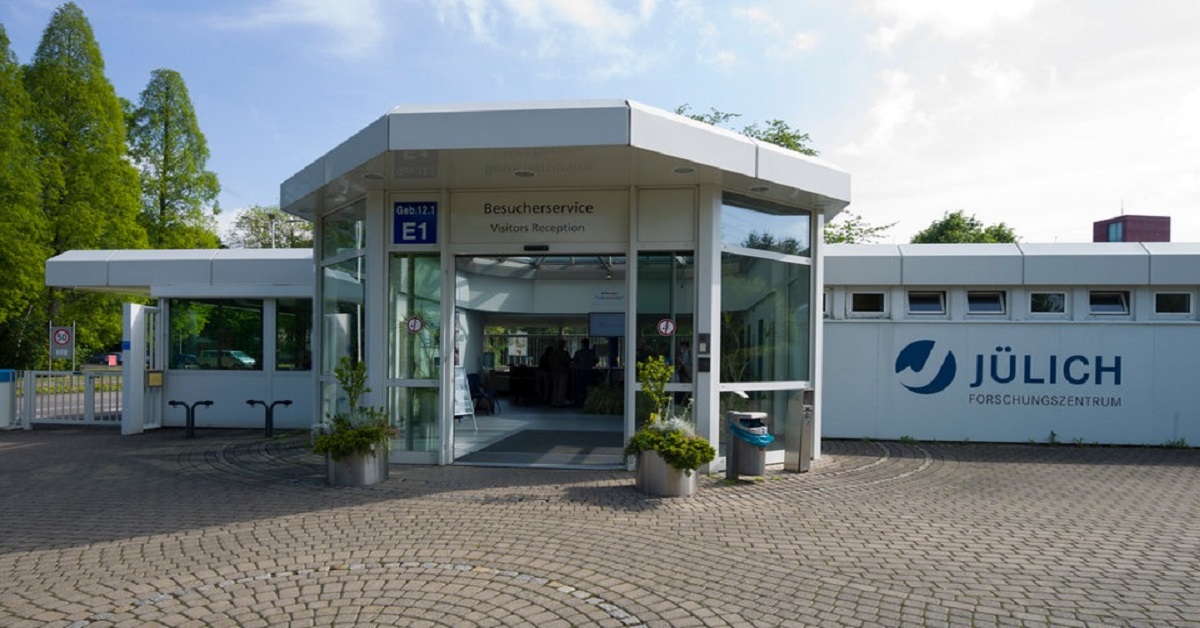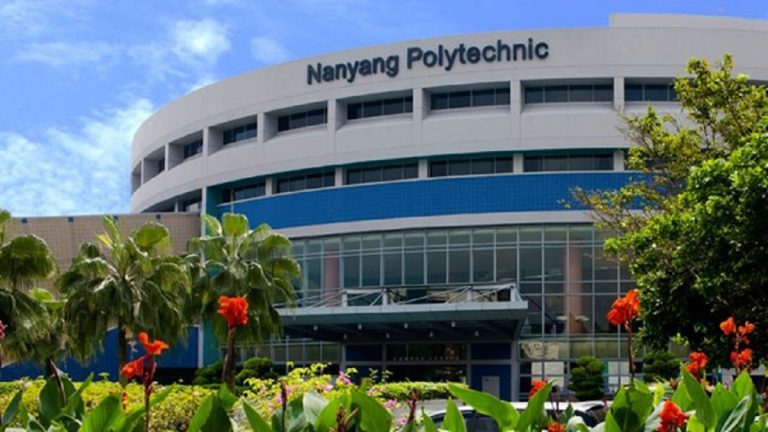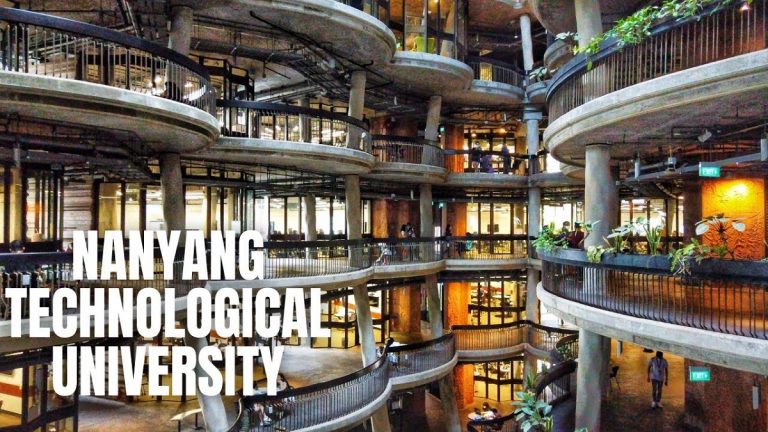
Gravitational waves from colliding black holes, exploding stars or maybe from dark ages of the universe tell us about the evolution of our cosmos. Following the Nobel Prize in physics of 2017, we are now planning the next generation of even more sensitive observations. The so-called “Einstein-Telescope” (ET) is European`s future in gravitational wave detection. It might be built in the Euregio. For more information, see https://www.einsteintelescope.nl or http://www.et-gw.eu
Gravitational waves are detected by laser interferometers based on the concept of the Michelson Interferometer. The ET will include six of those interferometers with arm lengths of 10 km each in an underground, triangular configuration. To avoid interaction of the laser beams with air or any residual gas the laser beams will travel in ultrahigh vacuum tubes (UHV) with a diameter of approximately 1 m. In total, there will be 120 km of those tubes. It will be by far the largest UHV system ever built. You will work on the design of the vacuum system.
Your main topics will be:
- General layout of vacuum system; simulation of the vacuum conditions; estimate of the pumping capacities
- Engineering of the pumping stations, including several types of pumps, gauges, values, etc.
- Layout of an emergency shut-off for different sections of the system, including the design and suitable protection valves; testing of prototypes of these values
- Development of strategies for leakage detection, -repair and corrosion detection
- Development of a procedure for bake-out the system; heat management during bake-out in the tunnels; dimensioning of the insulation to stabilize the vacuum tube temperature
- Project planning including time and cost estimation
- Cooperation with groups and companies working on the production and installation process of the vacuum pipes and their frames
Most of your work will be at ZEA-1 in close collaboration with the groups involved in the development of the ET at RWTH Aachen University.
Your Profile:
- Successfully completed technical or scientific university studies (Master) in the field of general mechanical engineering, process engineering or experimental physics
- Very good knowledge of vacuum technology, especially in materials science for UHV suitable materials
- Very good knowledge in the field of design engineering
- Experience in the use of software for engineering design of systems such as CAD and FE
- Interest in experimental work, the design and construction of test systems and the supervision of test runs
- High degree of initiative and ability to work in an international team
- Ability for collaborative work, interdisciplinary and cross-topical thinking
- Very good communication skills in English, spoken and written
- Knowledge of German is an advantage
Our Offer:
We work on the very latest issues that impact our society and are offering you the chance to actively help in shaping the change! We offer ideal conditions for you to complete your doctoral degree:
- A highly motivated working group as well as an international and interdisciplinary working environment at one of Europe’s largest research establishments
- Outstanding scientific and technical infrastructure
- Opportunity to participate in (international) conferences and project meetings
- Continuous scientific mentoring by your scientific advisor
- Supervision of your dissertation by the ZEA-1 Institute Director, Professor Natour, chair at the Faculty of Mechanical Engineering at RWTH Aachen University
- A large research campus with green spaces, offering the best possible means for networking with colleagues and pursuing sports alongside work
- Further development of your personal strengths, e.g. through an extensive range of training courses; a structured program of continuing education and networking opportunities specifically for doctoral researchers via JuDocS, the Jülich Center for Doctoral Researchers and Supervisors: https://www.fz-juelich.de/judocs
- Targeted services for international employees, e.g. through our International Advisory Service
The position is initially for a fixed term of 3 years. Pay in line with 75% of pay group 13 of the Collective Agreement for the Public Service (TVöD-Bund) and additionally 60 % of a monthly salary as special payment („Christmas bonus“). Further information on doctoral degrees at Forschungszentrum Jülich including our other locations is available at: https://www.fz-juelich.de/gp/Careers_Docs
Forschungszentrum Jülich promotes equal opportunities and diversity in its employment relations.
We also welcome applications from disabled persons.



